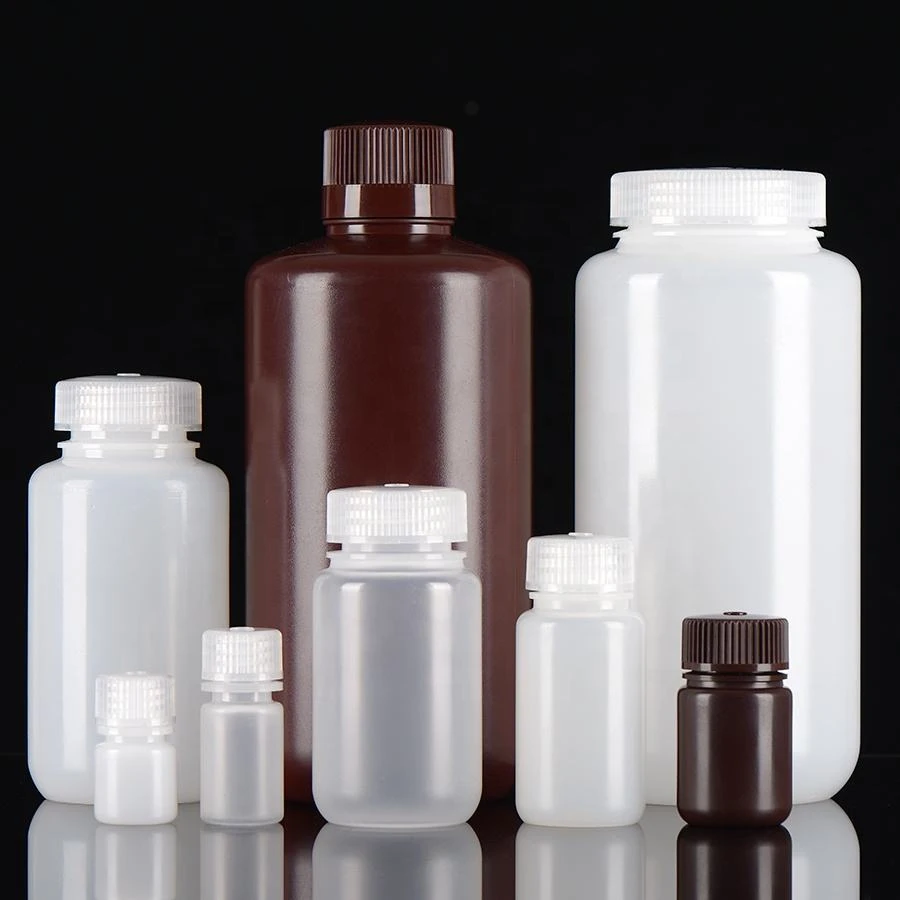Guidelines for Proper Use and Handling of Reagent Bottles in Laboratory Settings
The Importance of Reagent Bottles in Chemical Laboratories
In the realm of chemistry, precision and accuracy are paramount. As scientists and researchers work to unravel the mysteries of substances and their interactions, the tools they use play a critical role in the success of their experiments. One such essential tool is the reagent bottle. Reagent bottles are specially designed containers used to store and dispense various chemicals, solvents, and solutions in laboratories. Their significance cannot be overstated, as they aid in maintaining the integrity of substances and ensuring safe handling.
Types of Reagent Bottles
Reagent bottles come in various shapes and sizes, crafted from different materials depending on the nature of the chemicals they will hold. Glass reagent bottles are common, known for their chemical resistance and ability to provide an airtight seal. However, plastic reagent bottles are also widely used, particularly for storing less corrosive substances. Each type of reagent bottle is designed to suit different needs, whether it be for long-term storage, transport, or immediate use in experiments.
Safety First
One of the critical features of reagent bottles is their ability to enhance safety in the lab. Many chemicals can be hazardous, presenting risks if they come into contact with skin or eyes, or if inhaled. Reagent bottles often come with tightly fitted caps to prevent spills and exposure. Furthermore, glass bottles can be treated with coatings or made from borosilicate glass, which resists thermal shock and chemical reactions. Proper labeling of these vessels is equally important; clear, concise labels indicate the contents, concentration, and potential hazards, facilitating safer handling.
Volume and Measurement
reagent bottle use

Accurate measurements are crucial in chemical experiments, and reagent bottles are designed to help achieve that. Many bottles come with graduated markings to provide a clear indication of volume. This feature allows chemists to measure the precise amount of a reagent they need for their experiments, minimizing waste and increasing reproducibility. For this reason, volumetric flasks—a specific type of reagent bottle—are used extensively in quantitative analysis.
Storage Considerations
For effective laboratory management, proper storage of reagents is essential. Reagent bottles should be stored according to the compatibility of their contents. For example, flammable substances need to be stored away from ignition sources, and incompatible chemicals should never be stored together to prevent dangerous reactions. Additionally, maintaining a clean and organized storage area allows for easy retrieval of bottles, maximizing lab efficiency.
Environmental and Waste Management
In recent years, the emphasis on environmental conservation has brought attention to the need for sustainable practices in laboratories. This includes careful consideration of reagent bottle disposal. Many labs are adopting recycling procedures for plastic bottles, and educators are stressing the importance of minimizing waste. Proper disposal guidelines help ensure that hazardous chemicals do not pose a threat to the environment or human health.
Conclusion
In summary, reagent bottles are indispensable in the scientific community. Their design facilitates the safe storage, accurate measurement, and responsible handling of various chemicals. By adhering to safety protocols and understanding the importance of proper reagent bottle use, laboratories can enhance their operational efficiency and contribute positively to the ongoing pursuit of scientific knowledge. As we continue to explore the complexities of chemistry, the humble reagent bottle will remain a silent yet critical ally in the quest for discovery.
-
Aesthetic Makeup Spray Bottles | Fine Mist Empty RefillableNewsAug.19,2025
-
White Plastic Veterinary Vaccine Vials | Lab Liquid BottlesNewsAug.18,2025
-
Plastic Medicine Liquid Bottle: Secure Flip Top Drug VialsNewsAug.17,2025
-
Durable 250ml Blue Plastic Vaccine Vial for Lab & Vet UseNewsAug.16,2025
-
Sterile Virus Sample Tubes: Secure & Reliable Specimen CollectionNewsAug.15,2025
-
White 250ml Plastic Vaccine Vial for Lab & Vet MedicineNewsAug.14,2025
























